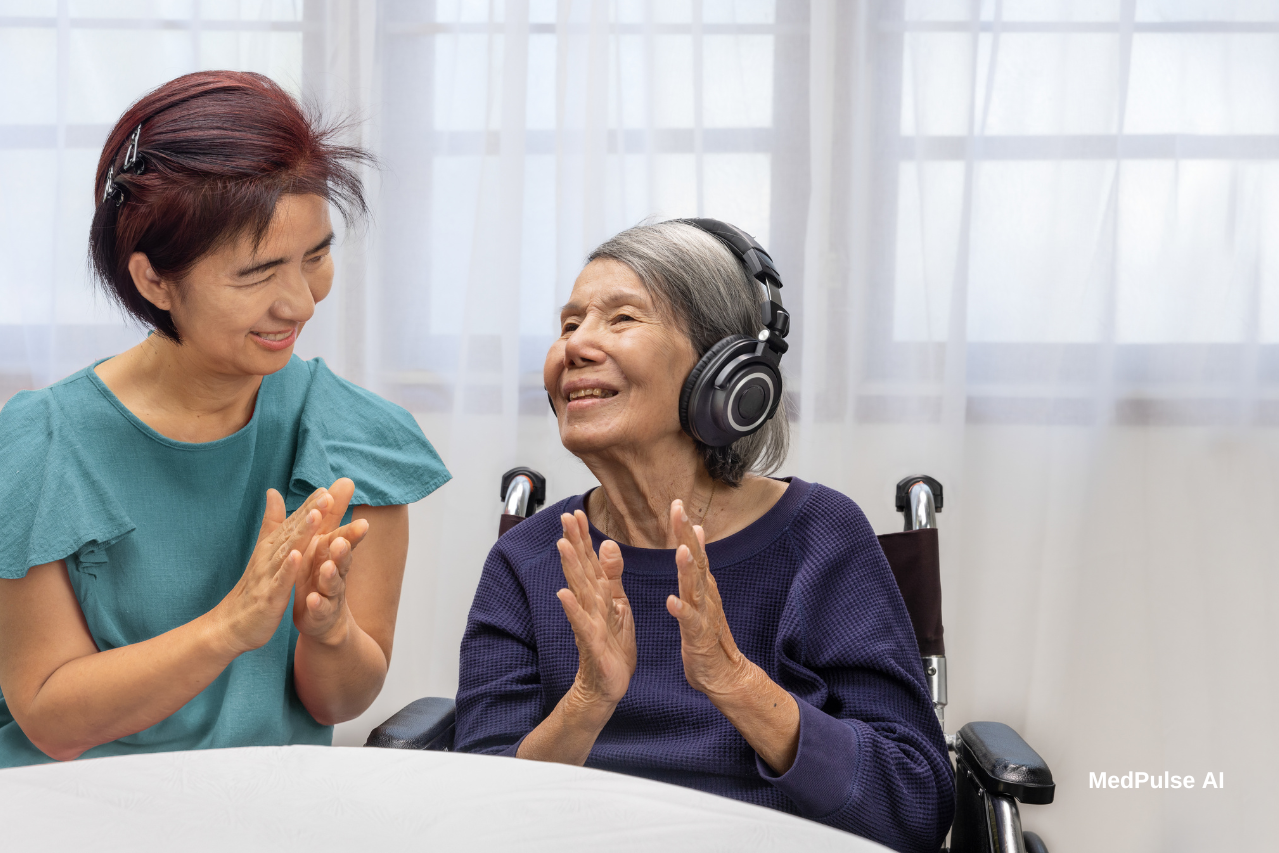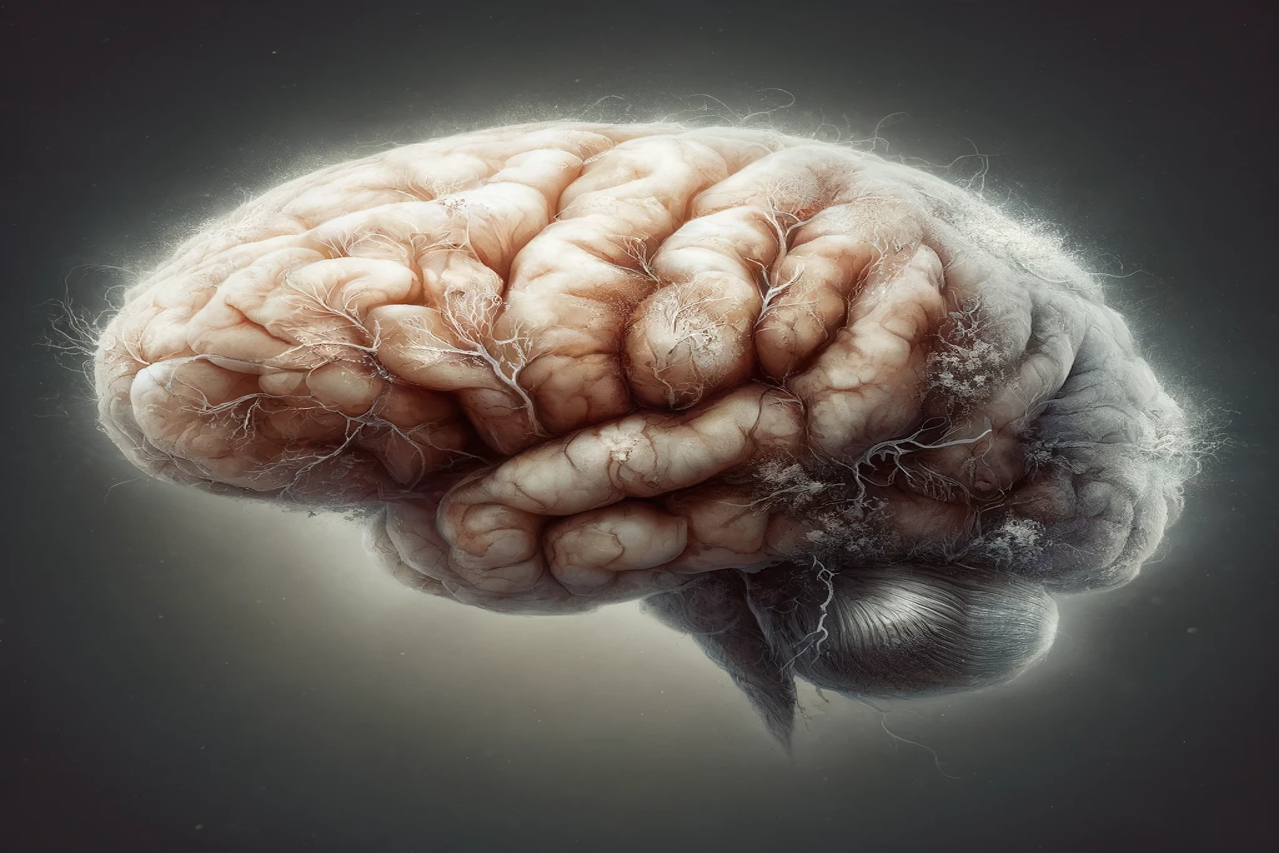A new multi-sector initiative, led by the National Healthcare Group and Nanyang Technological University (NTU), is spearheading “SoundKeepers,” a pioneering voice-AI project combined with a community-based intervention to help identify early indicators of depression among older adults. This collaboration also includes NHG Polyclinics, Singapore’s Institute of Mental Health (IMH), and two NTU schools—Lee Kong Chian School of Medicine (LKCMedicine) and the College of Computing and Data Science (CCDS).
Understanding Subsyndromal Depression in Seniors
Subsyndromal depression (SSD) differs from full-fledged clinical depression. SSD presents with some depressive symptoms but doesn’t meet the full diagnostic criteria for major depression, making it harder to identify. SSD often manifests subtly, leading many seniors and healthcare providers to overlook or under-report symptoms.
However, untreated SSD can progress to more severe depression or other mental health issues, especially in seniors who are already at higher risk for isolation, cognitive decline, and physical health challenges. Studies indicate that seniors with SSD are five times more likely to develop major depression within a year and face a 12-fold increased risk of dementia.
The SoundKeepers project specifically targets SSD in adults aged 55 and above in the Hougang and Woodlands areas, where more than 600 participants will provide voice samples to help refine an AI model that can detect subtle changes associated with early depression. As IMH researcher and SoundKeepers co-investigator Dr. Mythily Subramaniamad explains, SSD is both underdiagnosed and undertreated, a situation SoundKeepers hopes to improve by making detection accessible, efficient, and scalable across community settings.
The Role of Voice AI in Depression Detection

Voice, one of our most fundamental communication tools, is now being explored as a diagnostic medium in mental health. When we speak, we engage over a hundred muscles and countless neural processes, all influenced by our mental state.
Research shows that depression and related mental health disorders can affect voice features like pitch, volume, timbre, rhythm, shimmer, jitter, and the harmonics-to-noise ratio. Subtle changes in these vocal qualities, which might go unnoticed in casual conversation, can reflect neurobiological irregularities.
Developed by NTU’s College of Computing and Data Science (CCDS) and Lee Kong Chian School of Medicine (LKCMedicine), the AI model will be trained on anonymized, consent-based voice samples from participants. By analyzing these samples, the model aims to detect patterns indicating early depressive symptoms. The SoundKeepers AI project is one of the first large-scale efforts to validate these insights in a community setting, potentially paving the way for voice AI in mental health diagnostics on a broader scale.
Community Interventions: Going Beyond Technology
While the AI-driven voice analysis is the cornerstone of SoundKeepers, it’s only part of a more extensive support system. IMH is spearheading a 24-week community intervention program, which offers psychoeducation, social activities, and one-on-one support to help seniors connect with others and learn mental wellness skills. Social service agencies like Fei Yue Community Services and Club HEAL play an essential role in delivering these programs, offering a bridge between AI insights and tangible support.
The community program includes modules on mental health awareness, coping strategies, and stigma reduction. By fostering an environment where seniors feel empowered to share their experiences, SoundKeepers aims to address social isolation, a significant risk factor for depression. Participants engage in various activities, from physical exercise to recreational events, designed to improve physical health and social bonds, which are essential for mental well-being.
Measuring the Program’s Impact: A Rigorous Approach
NHG Polyclinics will lead a randomized controlled trial (RCT) with around 300 participants. Researchers will assess participants’ levels of loneliness, anxiety, well-being, and mental health literacy before and after the intervention, comparing these outcomes to a control group. This evidence-based approach not only evaluates the success of SoundKeepers but also provides a model for future community mental health programs, allowing policymakers to assess and replicate the project across Singapore.
Funded with S$5.6 million ($4.2 million) from the Lien Foundation, SoundKeepers underscores Singapore’s commitment to proactive, tech-enabled eldercare. As Singapore’s aging population grows, initiatives like SoundKeepers could redefine the landscape of elder mental health support by offering scalable, community-based solutions.

13% of seniors in community homes have SSD.
500% (5 times) increased likelihood of progressing to major depression within a year for those with SSD.
1200% (12 times) increased risk of dementia for seniors with SSD.
Singapore’s Growing Commitment to Elderly Mental Health
SoundKeepers is part of a larger effort in Singapore to meet the evolving healthcare needs of its aging population. Singapore’s population of adults over 65 is projected to double by 2030, intensifying the need for innovative and accessible healthcare solutions. Mental health remains an under-addressed area within eldercare, with traditional approaches often falling short in identifying and treating early-stage conditions like SSD.
Government-funded programs, including the Community Resource, Engagement, and Support Team (CREST) and Community Intervention Team (COMIT), provide a solid foundation for integrating new technologies into community healthcare. Should SoundKeepers prove successful, it could join these established programs, potentially expanding to polyclinics and GP clinics throughout Singapore.
Global Comparisons: Voice AI and Elderly Mental Health
Singapore is not alone in exploring AI for elder mental health. Countries like Japan and South Korea, also grappling with aging populations, have introduced tech-based mental health initiatives. For instance, South Korea’s “Silver Care” program leverages AI to monitor social and emotional indicators among older adults, while Japan has piloted AI-powered robots in care homes to reduce loneliness and monitor residents’ mental states. SoundKeepers, however, is unique in its combination of voice-based AI analysis and structured community support, setting a new standard for comprehensive eldercare.
The Ethical Dimension of Voice AI in Mental Health
As with any AI in healthcare, ethical considerations play a crucial role in SoundKeepers. Privacy and consent are top priorities; all voice samples are anonymized, securely stored, and only used with participant consent. The project’s leaders are committed to transparency, ensuring that seniors understand how their data is used. NTU professor Guan Cuntai, a co-principal investigator, emphasizes that SoundKeepers aims to build trust among participants and that protecting their privacy is paramount.
Additionally, SoundKeepers addresses an important ethical challenge in eldercare: empowering seniors rather than making them feel surveilled. By embedding AI insights within a compassionate, community-driven framework, SoundKeepers seeks to balance technological innovation with human empathy, showing that AI can be a tool for care rather than merely a monitor.
Voices of the Project Leaders
As Lien Foundation CEO Lee Poh Wah puts it, “We need new ways to listen to our seniors. They may not always express their concerns directly, but through their voices, we can uncover the worries they may not share aloud.” Dr. Subramaniamad echoes this sentiment, adding that SoundKeepers represents a shift toward a more proactive approach in mental healthcare for seniors, identifying early risks to prevent escalation.
Future Prospects for SoundKeepers and AI in Elderly Care
Should SoundKeepers meet its goals, project leaders envision expanding it across more clinics and eventually embedding it into Singapore’s national healthcare framework. As NTU’s Professor Guan Cuntai explains, this project is just the beginning: “Our AI model is pioneering in its focus on SSD. If successful, it will validate the power of voice AI not just as a diagnostic tool but as a way to engage seniors actively in their mental health.”
Building a National and Global Blueprint
SoundKeepers is a promising model for addressing mental health in aging populations, offering a scalable and integrative solution that leverages technology and community intervention. With other countries facing similar challenges, the project could serve as a blueprint for global mental health initiatives aimed at the elderly. In a world increasingly driven by technology, SoundKeepers demonstrates how AI can play a compassionate role in healthcare, listening to voices that might otherwise go unheard.
Are you interested in how AI is changing healthcare? Subscribe to our newsletter, “PulsePoint,” for updates, insights, and trends on AI innovations in healthcare.




